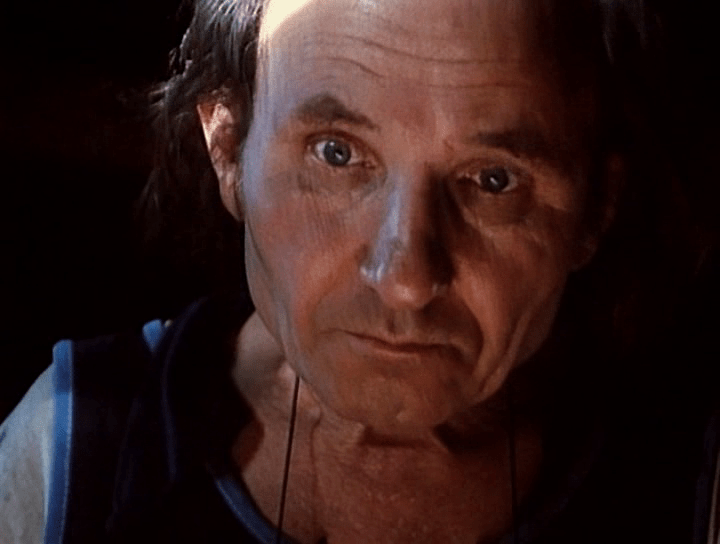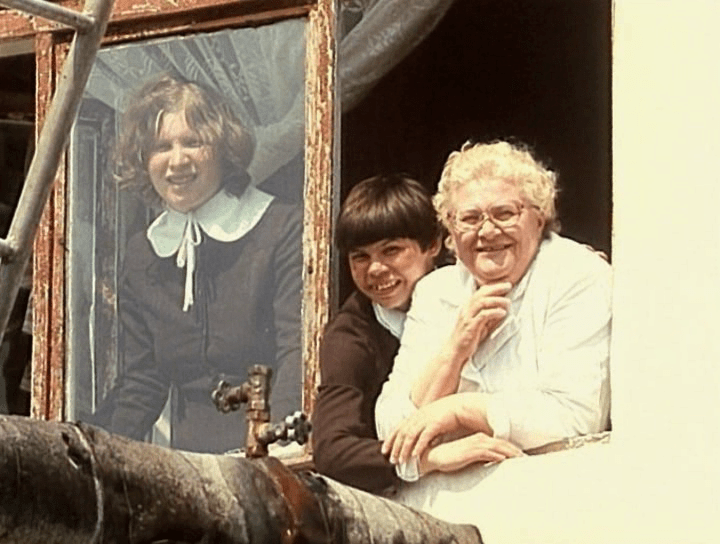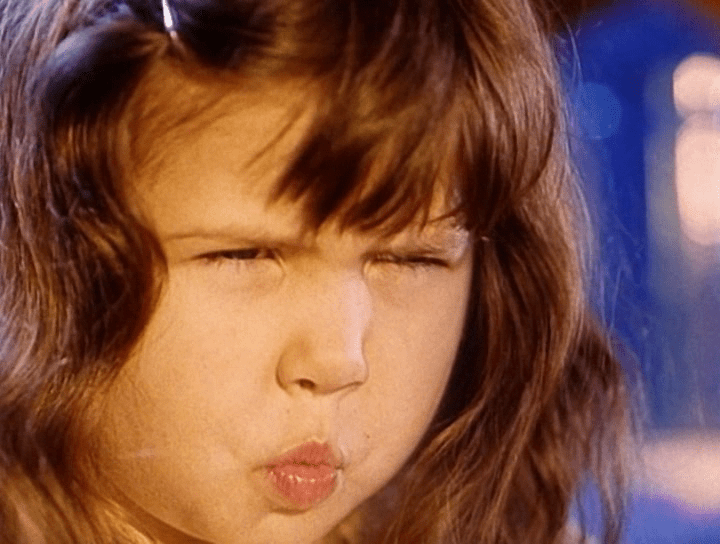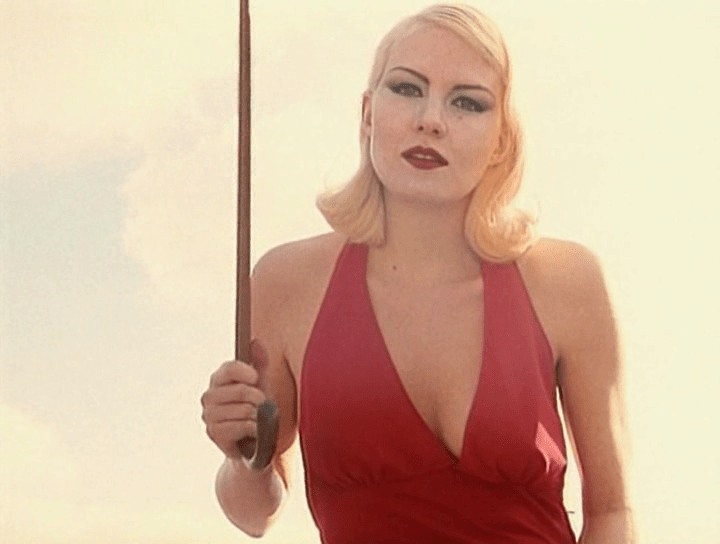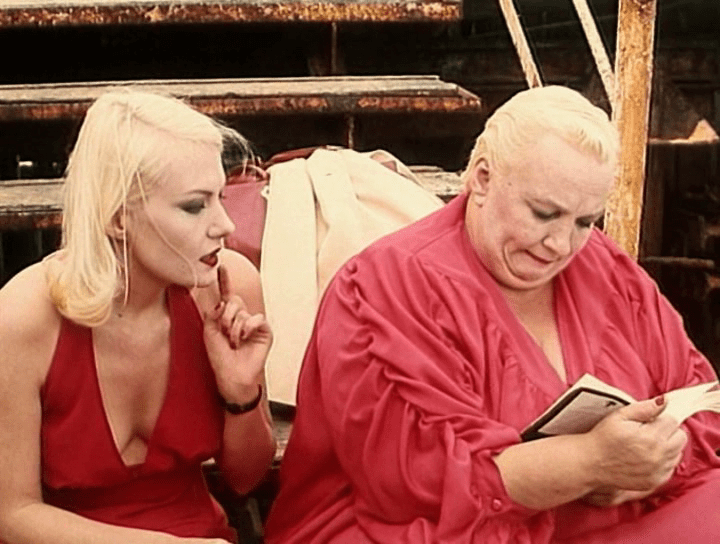
Three Stories / Try istorii
1997
Ukraine, Russia, NTV-Profyt, Sudzi-Film, Odesa Film Studio
114 min
Kira Muratova
Ihor Bozhko, Renata Litvinova, Vera Storozheva, Yevhen Holubenko
Valerii Makhnov
in progress
An oppressed man brings a horrifying package to his friend, a “poet,” but first and foremost — a boiler room worker. The hospital employee, Ofa, carefully monitors young mothers to ensure they don’t give up their children because she was once such a child herself. An old man in a wheelchair is surrounded by cats and a little girl, and he reads her a long, meaningless lecture; he has no idea what surprise his listener has in store for him.
Kira Muratova gathered the screenplay from her circle of friends after asking them to contemplate on the notion of murder. She was able to secure funding in Russia, through the NTV Media Holding, which possibly explains why Russian actors dominate the cast. (Muratova saw Makovetskyi in the film Makarov (1993); she discovered Litvinova when making Passions (1994); and she made a short film Spring Rain (1958) with Tabakov as a college project.) However, the production still faced budget constraints, and as a result, the project extended over several years. Three Stories is crisis cinema, the kind of cinema only possible due to the crisis.
For those who have not seen any of Muratova’s films, Three Stories might embody the notion of her as a demanding, uncompromising kind of director, which is never happy with her work, except for, perhaps, a sequel Two in One (2007). Dark jokes that aren’t funny, the dangerous streets of Odesa, a feeling of disillusionment with the world. This tendency toward fragmenting the narrative, toward the absence or fluidity of beginnings and endings in the face of uncertainty and a social dead end, is also seen in other Ukrainian films of the second half of the 1990s. In this regard, Muratova’s work is not related to the eastern context, but it is her own, Ukrainian Odesa feel.
